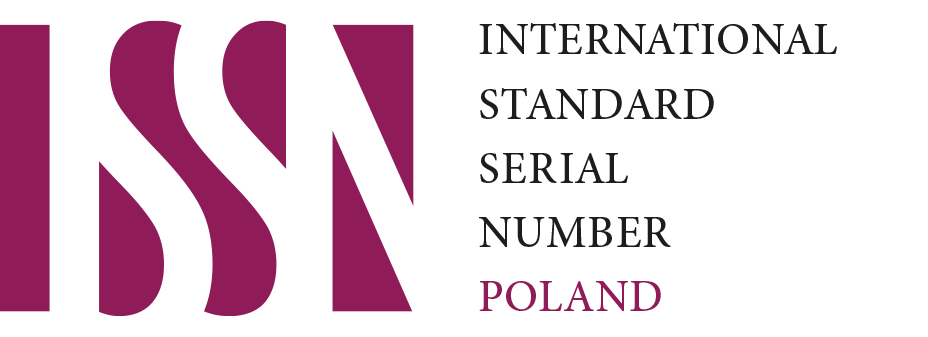DIDACTIC EFFECTIVENESS OF IMPLEMENTING INNOVATIVE AND CREATIVE PEDAGOGICAL METHODS IN TECHNOLOGICAL EDUCATION LESSONS
Keywords:
Technological education, innovative pedagogy, creative learning, didactic effectiveness, experiential learning, project-based learning, design thinking, STEAM integration, digital competence, learner autonomy.Abstract
This study examines the didactic effectiveness of implementing innovative and creative pedagogical methods in technological education lessons, focusing on how such approaches enhance student engagement, problem-solving abilities, and practical competence formation. Technological education, by its nature, requires experiential learning, creativity, and the ability to design and apply solutions to real-world problems; therefore, traditional teacher-centered instruction is increasingly insufficient in preparing future specialists for rapidly evolving digital and production environments. The research explores the pedagogical value of approaches such as project-based learning, problem-oriented instruction, design thinking, STEAM integration, and digital simulation environments, emphasizing their impact on cognitive activation, learner autonomy, and professional readiness. The study also highlights the role of creativity as a core competence in modern technological education, positioning it not merely as an artistic capability but as an ability to generate original, applicable solutions under conditions of uncertainty. The findings demonstrate that innovative pedagogies, when systematically applied, contribute to higher motivation, stronger interdisciplinary connections, and improved retention of technological concepts. They also support the development of meta-skills such as critical thinking, collaboration, digital literacy, and adaptive learning strategies. The article underscores that the didactic effectiveness of such methods depends on methodological alignment, scenario-based task design, and the educator’s ability to facilitate rather than dictate the learning process. It further reveals that creative pedagogical strategies foster a transition from passive knowledge absorption to active knowledge construction, which is essential in forming professionally competent and innovation-oriented learners. The results of this research are relevant for reforming teacher preparation programs, designing competency-based curricula, and transforming technological education into a more future-oriented and innovation-driven instructional model.
Downloads
Published
Issue
Section
License
Copyright (c) 2025 Ashirbay Yusubaliyev (Author)

This work is licensed under a Creative Commons Attribution 4.0 International License.






